February 29 stands as one of history’s most eventful days, witnessing the rise and fall of empires, groundbreaking discoveries, and moments that shaped our modern world across centuries of human achievement.
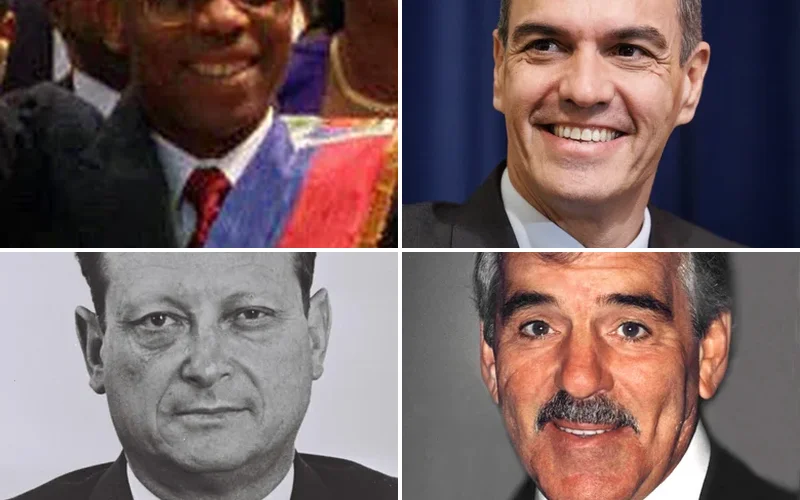
Politics and Government Events on February 29
1920 – Czechoslovak National Assembly Adopts Constitution
The newly formed Czechoslovak Republic solidified its democratic foundations by adopting its first constitution. This landmark document established the framework for parliamentary democracy in the heart of Europe.
The constitution created a bicameral parliament and defined the powers of the presidency. It represented a bold experiment in democratic governance following the collapse of the Austro-Hungarian Empire.
1984 – Pierre Trudeau Announces Retirement

Canadian Prime Minister Pierre Trudeau shocked the nation by announcing his retirement from political leadership. His decision ended one of the most transformative eras in Canadian politics.
Trudeau’s announcement came after nearly sixteen years as Liberal Party leader and multiple terms as Prime Minister. His legacy included constitutional reform, official bilingualism, and the patriation of Canada’s constitution.
2004 – Jean-Bertrand Aristide Removed from Haiti Presidency
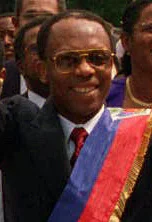
Political upheaval reached its climax as Jean-Bertrand Aristide was forcibly removed from the Haitian presidency. The coup marked another turbulent chapter in Haiti’s troubled political history.
International pressure and domestic unrest combined to destabilize Aristide’s government. His removal plunged the Caribbean nation into renewed political chaos and uncertainty.
2020 – Muhyiddin Yassin Becomes Malaysia’s Prime Minister
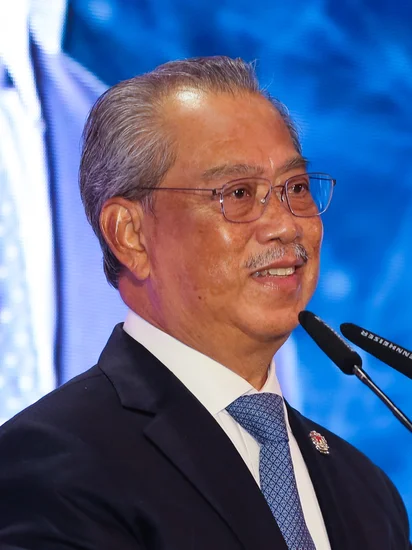
Malaysia’s political landscape shifted dramatically as Muhyiddin Yassin assumed the role of eighth Prime Minister. His appointment came amid unprecedented political turmoil and coalition realignments.
The appointment occurred during Malaysia’s most significant political crisis in decades. Yassin’s rise to power reshaped the country’s political dynamics and coalition structures.
Military and Naval History on February 29
1944 – Admiralty Islands Invasion in Operation Brewer
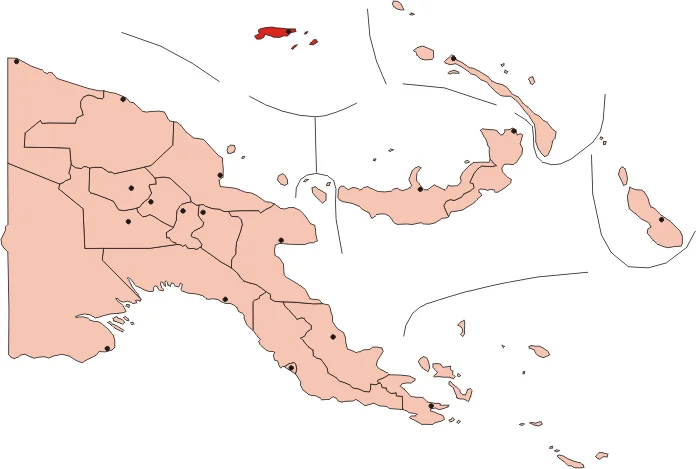
General Douglas MacArthur launched Operation Brewer, a bold amphibious assault on the Admiralty Islands. The invasion marked a crucial step in the Allied Pacific campaign during World War II.
American forces successfully established beachheads despite fierce Japanese resistance. The operation demonstrated MacArthur’s innovative island-hopping strategy that would define Pacific warfare.
1940 – Finland Initiates Winter War Peace Negotiations
Finland began crucial peace negotiations to end the devastating Winter War against the Soviet Union. The talks represented Finland’s desperate attempt to preserve its independence.
The negotiations came after months of fierce resistance against overwhelming Soviet forces. Finland’s military performance had surprised the world but could not sustain indefinite warfare.
1972 – South Korea Withdraws Troops from Vietnam
South Korea announced the withdrawal of 11,000 troops from its 48,000-strong force in South Vietnam. This reduction aligned with President Nixon’s Vietnamization policy during the Vietnam War.
The withdrawal marked a significant shift in allied military strategy. South Korea’s decision reflected growing international pressure to reduce foreign military involvement in Vietnam.
2000 – Chechens Attack Russian Guard Post
Chechen forces launched a devastating attack on a Russian guard post near Ulus Kert. The assault resulted in the deaths of 84 Russian paratroopers during the Second Chechen War.
The attack demonstrated the continued intensity of the Chechen conflict. Russian forces faced determined resistance despite their overwhelming military advantages.
Science and Discovery Milestones on February 29
1940 – Ernest Lawrence Receives Nobel Prize
Physicist Ernest Lawrence received the 1939 Nobel Prize in Physics during a ceremony in Berkeley, California. Sweden’s consul general in San Francisco presented the prestigious award.
Lawrence’s groundbreaking work in nuclear physics earned him international recognition. His innovations in particle acceleration technology revolutionized atomic research and laid foundations for modern nuclear science.
1912 – Piedra Movediza Falls and Breaks
The famous Piedra Movediza (Moving Stone) of Tandil collapsed and shattered after centuries of precarious balance. This geological marvel had fascinated scientists and visitors for generations.
The massive boulder’s fall ended a natural phenomenon that had defied explanation for centuries. Its collapse marked the loss of one of Argentina’s most unique geological formations.
1960 – Devastating Agadir Earthquake

A powerful 5.7 magnitude earthquake devastated coastal Morocco, completely destroying the city of Agadir. The disaster killed 12,000 people and injured another 12,000 in one of Morocco’s worst natural disasters.
The earthquake’s extreme intensity reached level X on the perceived intensity scale. The catastrophe prompted major advances in earthquake preparedness and building construction standards.
Cultural and Arts Events on February 29
1940 – Hattie McDaniel Wins Historic Academy Award
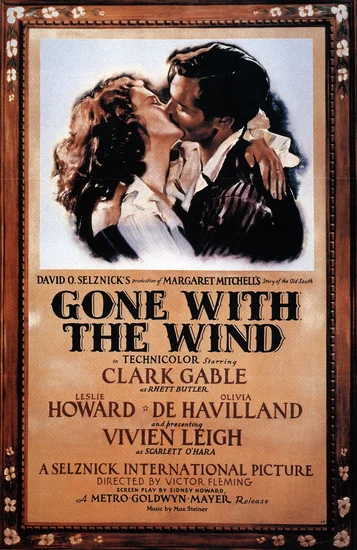
Hattie McDaniel made history by becoming the first African American to win an Academy Award for her performance as Mammy in “Gone with the Wind.” Her victory broke racial barriers in Hollywood.
The groundbreaking achievement occurred during an era of strict racial segregation in entertainment. McDaniel’s win opened doors for future African American performers in the film industry.
2008 – Misha Defonseca Admits Fabrication
Author Misha Defonseca publicly admitted to fabricating her Holocaust memoir, “Misha: A Mémoire of the Holocaust Years.” Her confession shocked the literary world and raised questions about memoir authenticity.
The fabricated memoir claimed she had lived with wolves during the Holocaust. Her admission highlighted the ongoing debate about truth and fiction in autobiographical literature.
1936 – February 26 Incident Ends in Tokyo
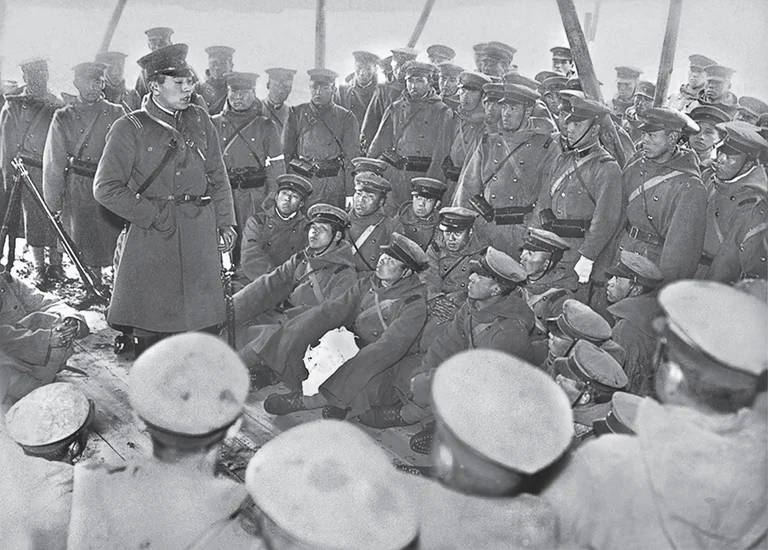
The February 26 Incident, a failed military coup in Tokyo, finally concluded after days of political turmoil. The attempted revolt by young military officers aimed to eliminate perceived enemies of Emperor Hirohito.
The incident’s resolution marked a turning point in Japanese politics. Government forces successfully suppressed the rebellion, but the event accelerated Japan’s drift toward militarism.
Religious and Social Events on February 29
1988 – Desmond Tutu Arrested in Anti-Apartheid Demonstration
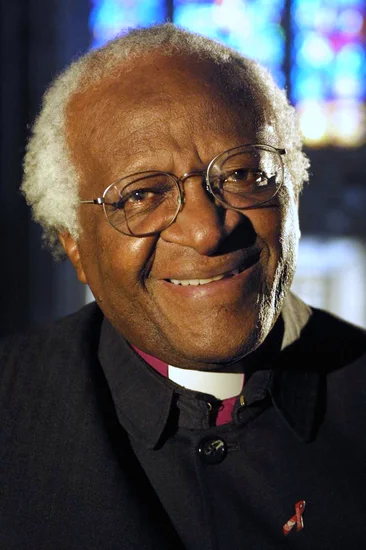
South African Archbishop Desmond Tutu was arrested along with 100 other clergymen during a five-day anti-apartheid demonstration in Cape Town. The mass arrest highlighted religious opposition to apartheid.
The demonstration represented the church’s moral stand against racial oppression. Tutu’s arrest drew international attention to the apartheid system’s brutality and injustice.
1916 – Child Labor Reform in South Carolina
South Carolina raised the minimum working age for factory, mill, and mine workers from 12 to 14 years old. This progressive reform represented growing awareness of child welfare issues.
The legislation reflected changing attitudes toward childhood and education. Social reformers had campaigned vigorously for protection of children from industrial exploitation.
1988 – Svend Robinson Comes Out as Gay
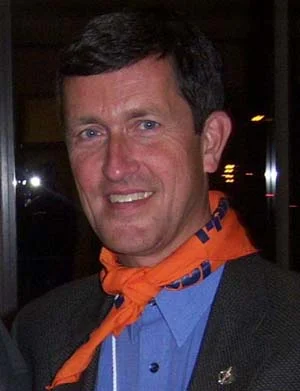
Canadian politician Svend Robinson became the first member of the House of Commons to publicly come out as gay. His courageous announcement broke new ground in Canadian politics.
Robinson’s disclosure challenged traditional political boundaries and social norms. His openness paved the way for greater LGBTQ+ representation in Canadian government.
Business and Economic Events on February 29
1908 – James Madison University Founded
The Virginia General Assembly established James Madison University in Harrisonburg, Virginia, originally as The State Normal and Industrial School for Women. The institution focused on training female educators.
The university’s founding reflected growing recognition of women’s educational needs. It represented significant progress in expanding higher education opportunities for women in the early 20th century.
2012 – North Korea Agrees to Nuclear Suspension
North Korea agreed to suspend uranium enrichment and nuclear and long-range missile tests in exchange for US food aid. The diplomatic breakthrough offered hope for reduced tensions on the Korean Peninsula.
The agreement represented a significant shift in North Korea’s international relations. However, the deal would prove fragile and short-lived in the complex dynamics of Korean diplomacy.
2020 – United States and Taliban Sign Doha Agreement
The United States and the Taliban signed the historic Doha Agreement aimed at bringing peace to Afghanistan. The landmark accord promised American troop withdrawal in exchange for Taliban commitments.
The agreement marked a pivotal moment in America’s longest war. It established a framework for ending nearly two decades of military involvement in Afghanistan.
Transportation and Infrastructure on February 29
1964 – British Eagle Flight 802/6 Crashes

British Eagle International Airlines Flight 802/6 crashed into the Glungezer mountain in Austria’s Tux Alps, killing all 75 people aboard. The disaster highlighted the dangers of mountain flying.
The crash occurred during challenging weather conditions in the Alpine region. The tragedy led to improved aviation safety protocols for flights in mountainous terrain.
1968 – Aeroflot Flight 15 Crashes

Aeroflot Flight 15 crashed in Irkutsk Oblast, Soviet Union, due to loss of control, killing 83 of 84 occupants. The exact cause of the accident remains unknown to this day.
The disaster represented one of the deadliest aviation accidents in Soviet history. Investigation difficulties reflected the secretive nature of Soviet aviation safety reporting.
1996 – Faucett Perú Flight 251 Crashes

Faucett Perú Flight 251 crashed in the Andes mountains, killing all 123 passengers and crew members. The tragedy highlighted the challenges of aviation in South America’s mountainous terrain.
The crash occurred during difficult weather conditions in the Andean region. The disaster prompted enhanced safety measures for flights over challenging geographical terrain.
Sports and Recreation on February 29
1980 – Gordie Howe Scores Historic 800th Goal
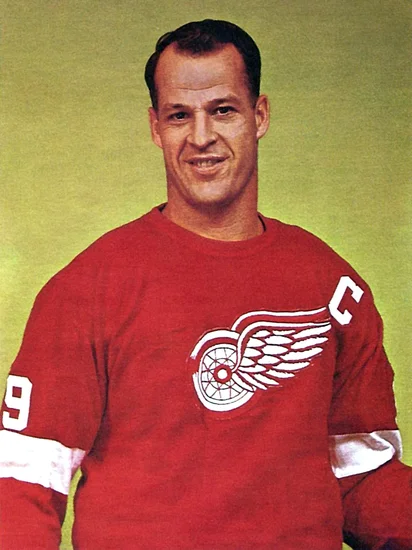
Hockey legend Gordie Howe of the Hartford Whalers made NHL history by scoring his 800th career goal. The milestone cemented his status as one of hockey’s greatest players.
Howe’s achievement came during his remarkable comeback to professional hockey. His longevity and skill earned him the nickname “Mr. Hockey” and inspired generations of players.
2008 – Prince Harry Withdrawn from Afghanistan
The United Kingdom’s Ministry of Defence withdrew Prince Harry from his tour of Afghanistan after news of his deployment leaked to foreign media. The disclosure compromised operational security.
Prince Harry’s military service had been kept secret for security reasons. His withdrawal highlighted the challenges of royal military service in modern warfare.
1996 – Siege of Sarajevo Officially Ends
The Siege of Sarajevo, the longest siege in modern warfare history, officially concluded after nearly four years. The end marked a crucial step toward peace in Bosnia and Herzegovina.
The siege had lasted 1,425 days and caused immense suffering among civilians. Its conclusion represented hope for reconstruction and reconciliation in the war-torn region.
Notable Births on February 29
1904 – Jimmy Dorsey, Jazz Legend
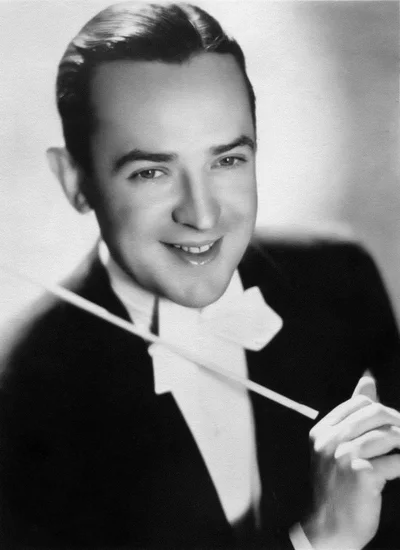
American saxophonist, composer, and bandleader Jimmy Dorsey entered the world destined for musical greatness. His early exposure to music shaped his extraordinary career in jazz and swing.
Dorsey would become one of the most influential bandleaders of the swing era. His innovative arrangements and masterful saxophone playing defined an entire generation of American popular music.
1920 – Michèle Morgan, French Cinema Icon

French-American actress and singer Michèle Morgan was born to become one of cinema’s most elegant stars. Her natural beauty and acting talent would captivate audiences across two continents.
Morgan’s career spanned both French and American cinema during Hollywood’s golden age. Her performances in films like “Port of Shadows” established her as a symbol of French cinematic sophistication.
1936 – Henri Richard, Hockey Champion

Canadian ice hockey player Henri Richard was born into a family destined for hockey greatness. His older brother Maurice was already establishing himself as a Montreal Canadiens legend.
Henri would surpass even his famous brother’s achievements, winning eleven Stanley Cup championships. His remarkable career earned him the nickname “The Pocket Rocket” and a place in hockey immortality.
1944 – Dennis Farina, Character Actor
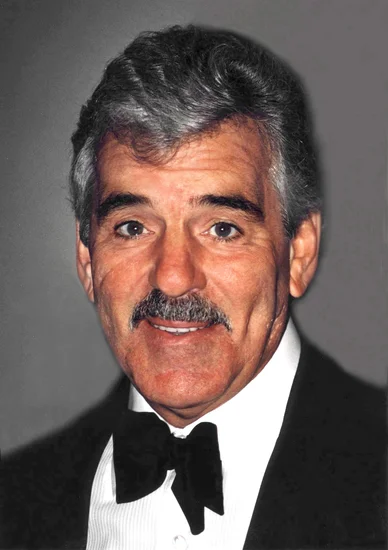
American police officer turned actor Dennis Farina was born in Chicago, Illinois. His real-life law enforcement experience would later inform his authentic portrayals of police officers and criminals.
Farina’s transition from police work to acting brought unique credibility to his performances. His roles in “Crime Story” and “Law & Order” showcased his natural talent for portraying law enforcement characters.
1956 – Aileen Wuornos, Notorious Criminal

American serial killer Aileen Wuornos was born into circumstances that would shape her troubled life. Her childhood experiences contributed to a path that led to infamy and tragedy.
Wuornos became one of America’s most notorious female serial killers. Her case sparked debates about mental illness, childhood trauma, and the death penalty in American justice.
1960 – Tony Robbins, Motivational Speaker
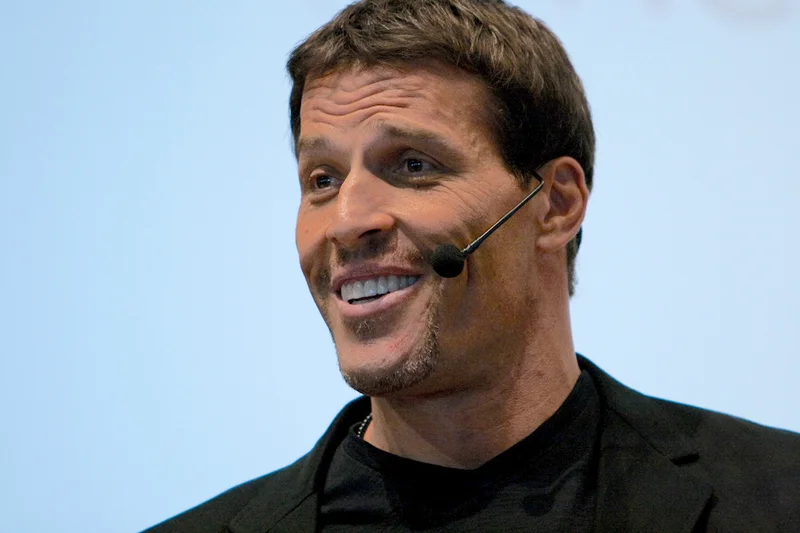
American author and motivational speaker Tony Robbins was born with a natural gift for inspiring others. His childhood challenges would later fuel his passion for helping people overcome obstacles.
Robbins revolutionized the self-help industry with his dynamic speaking style and practical strategies. His seminars and books have influenced millions of people worldwide to achieve personal transformation.
1972 – Pedro Sánchez, Spanish Political Leader

Spanish politician Pedro Sánchez was born to eventually lead his nation as Prime Minister. His early academic achievements and political involvement foreshadowed his future leadership role.
Sánchez’s rise through the Socialist Party ranks demonstrated his political acumen and determination. His leadership of Spain has navigated the country through significant domestic and international challenges.
Notable Deaths on February 29
1908 – Pat Garrett, Legendary Lawman

American sheriff Pat Garrett died, ending the life of one of the Old West’s most famous lawmen. His reputation was forever linked to his pursuit and killing of outlaw Billy the Kid.
Garrett’s death marked the end of an era in American frontier history. His complex legacy embodied both the violence and the quest for law and order that defined the American West.
1944 – Pehr Evind Svinhufvud, Finnish Statesman
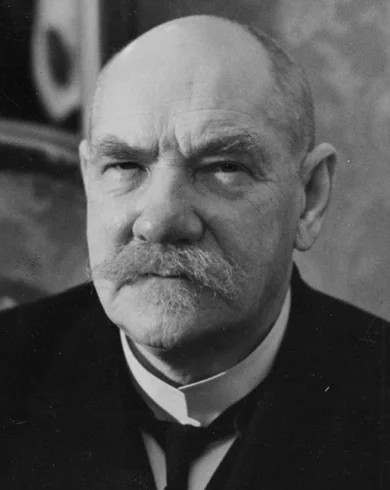
Finnish lawyer, judge, and politician Pehr Evind Svinhufvud died after serving as his country’s third President. His leadership during Finland’s early independence years proved crucial to the nation’s survival.
Svinhufvud’s death came during World War II when Finland faced existential threats. His earlier work in establishing Finnish independence and constitutional government left a lasting democratic legacy.
1956 – Elpidio Quirino, Philippine President
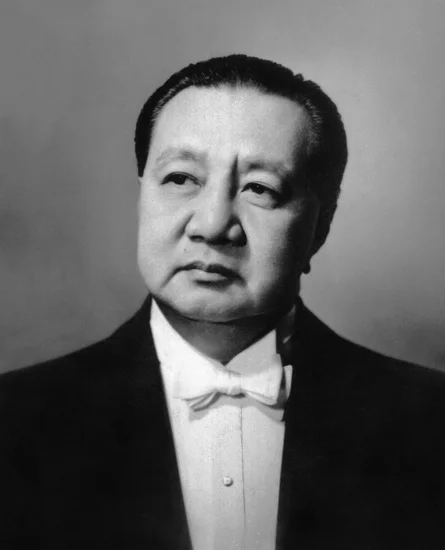
Filipino lawyer and politician Elpidio Quirino died after serving as the sixth President of the Philippines. His presidency occurred during the challenging post-war reconstruction period.
Quirino’s death marked the end of a career dedicated to Philippine independence and development. His leadership helped stabilize the young nation during crucial formative years.
1980 – Yigal Allon, Israeli Military Leader

Israeli general and politician Yigal Allon died after a distinguished career in military and political service. His strategic thinking helped shape Israel’s defense policies and territorial strategies.
Allon’s death ended a life dedicated to Israeli security and development. His military innovations and political leadership contributed significantly to Israel’s survival and growth.
2012 – Davy Jones, Pop Music Icon

English singer, guitarist, and actor Davy Jones died, ending his role as the heartthrob of The Monkees. His death shocked fans who had grown up with his music and television appearances.
Jones’s death marked the end of an era in pop culture history. His contributions to The Monkees’ success had defined 1960s youth culture and influenced generations of musicians.
2024 – Brian Mulroney, Canadian Prime Minister
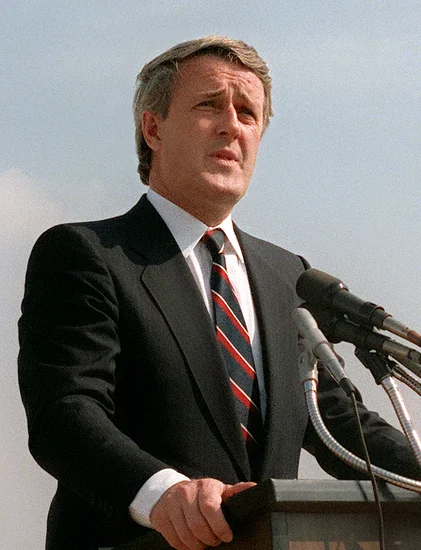
Brian Mulroney, Canada’s 18th Prime Minister, died after a transformative political career. His leadership during the 1980s and 1990s reshaped Canada’s economic and international relationships.
Mulroney’s death marked the end of a controversial but significant political legacy. His free trade policies and constitutional initiatives left lasting impacts on Canadian society and politics.
Holidays and Observances on February 29
Rare Disease Day
February 29 serves as Rare Disease Day during leap years, highlighting medical conditions that affect small populations worldwide. This observance raises awareness about the challenges faced by patients with uncommon diseases.
The day encourages research funding and support for rare disease patients and their families. Medical professionals and advocacy groups use this occasion to promote understanding and advance treatment options.
Bachelor’s Day
Ireland and the United Kingdom traditionally observe Bachelor’s Day on February 29, when women could propose marriage to men. This custom reversed traditional gender roles in romantic relationships.
The tradition dates back centuries and reflects changing social attitudes toward marriage and courtship. Modern celebrations often embrace the day’s spirit of challenging conventional romantic expectations.
Saint John Cassian Feast Day
Christian churches, particularly Orthodox communities, commemorate Saint John Cassian on February 29. This religious observance honors the influential monk and theological writer’s contributions to Christian monasticism.
Saint John Cassian’s teachings on spiritual discipline and monastic life continue to influence Christian practice. His feast day provides opportunity for reflection on spiritual growth and religious dedication.
